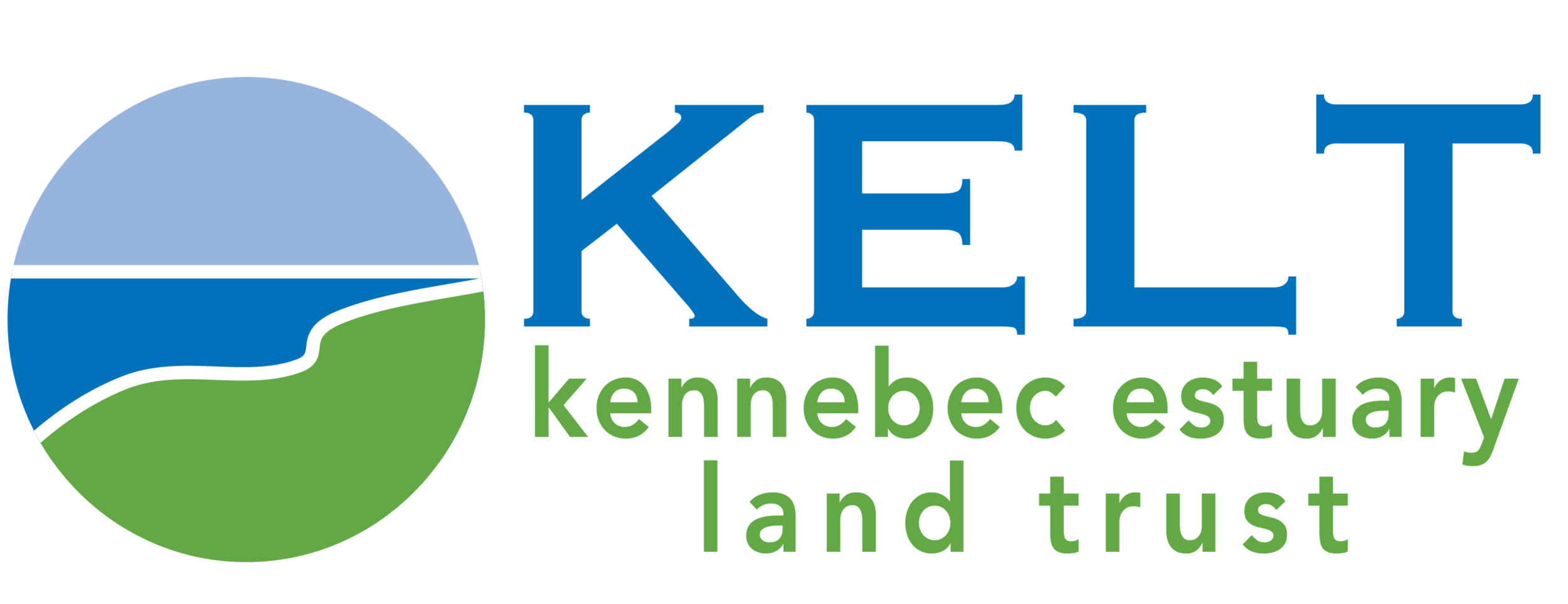Rob Shultz, Resonant Photography
Monitor species and places sensitive to human impact and climate change in the Kennebec Estuary. Annually, engage volunteers in monitoring efforts in order to increase regional knowledge and connection to the vulnerable organisms and places and to support safe and sustainable management of natural resources in the region.
Engage more than 150 volunteers annually in community science monitoring efforts.
Carry out monitoring of biotic and abiotic features in multiple habitat types, on land and in the water within the region.
Collaborate with local, state, regional, and federal partners to carry out meaningful community science monitoring that feeds into larger efforts.
Share monitoring data through our website and through official reporting methods with local, state, regional, and federal partners.
Provide volunteer monitoring opportunities for students, families, and adults.
Support use of and increased access to active transportation and healthy physical activity in the region through activities ranging from events to efforts to create regional trails that would provide corridors of connections to natural and community areas.
Provide support for the A2K trail project.
Provide support for the Merrymeeting Trail project.
Work with community groups to support and promote opportunities for active transportation and recreation in the region.
Support food security and access to healthy food, increasing connections to food grown and produced locally.
Provide support for the efforts of the Merrymeeting Food Council within the Food Council region and local food-focused coalitions within Bath and the lower Kennebec Estuary region.
Provide support to food partnerships and community gardens in local towns.
Facilitate programming at the LOCAL Garden for a variety of ages. Assess the emerging needs of the community to best tailor experiential opportunities for volunteering and learning about small scale agricultural practices and growing food for donation.
Dave Cleaveland, Maine Imaging
Support efforts across the region that are focused on increasing resilience to climate change and severe storms.
Build on the work of the social resilience project to support efforts that address action priorities identified in the 2022 final report (The Southern Midcoast Maine Social Resilience Project: Scenario Planning Exercise Report. June 21, 2022), enhancing regional preparation, response, and recovery that supports vulnerable populations.
Share expertise and provide guidance, as capacity allows, with communities planning, gathering data, taking actions, and/or seeking funding to support resilience to climate change.
Define the role of KELT during disaster events, creating a clear path for tasks in planning, response, and recovery by 2030.
Lisa Francesca Gallo
Support the sustainable practices in the region at the intersection of the region's cultural heritage and natural heritage, including traditional natural resource uses, recreation, and fisheries.
Identify and pursue opportunities for collaboration with members of Maine's indigenous tribes to support cultural heritage and access.
As needs and opportunities arise, collaborate with state, nonprofit, and municipal partners to support commercial and recreational fisheries.
Strengthen collaborations with groups focused on outdoor activities on the land and waters of the Kennebec Estuary region to increase opportunities for partnership around shared uses: hunting, fishing, and paddling groups, New England Mountain Bike Association Chapters, ATV clubs, etc.






